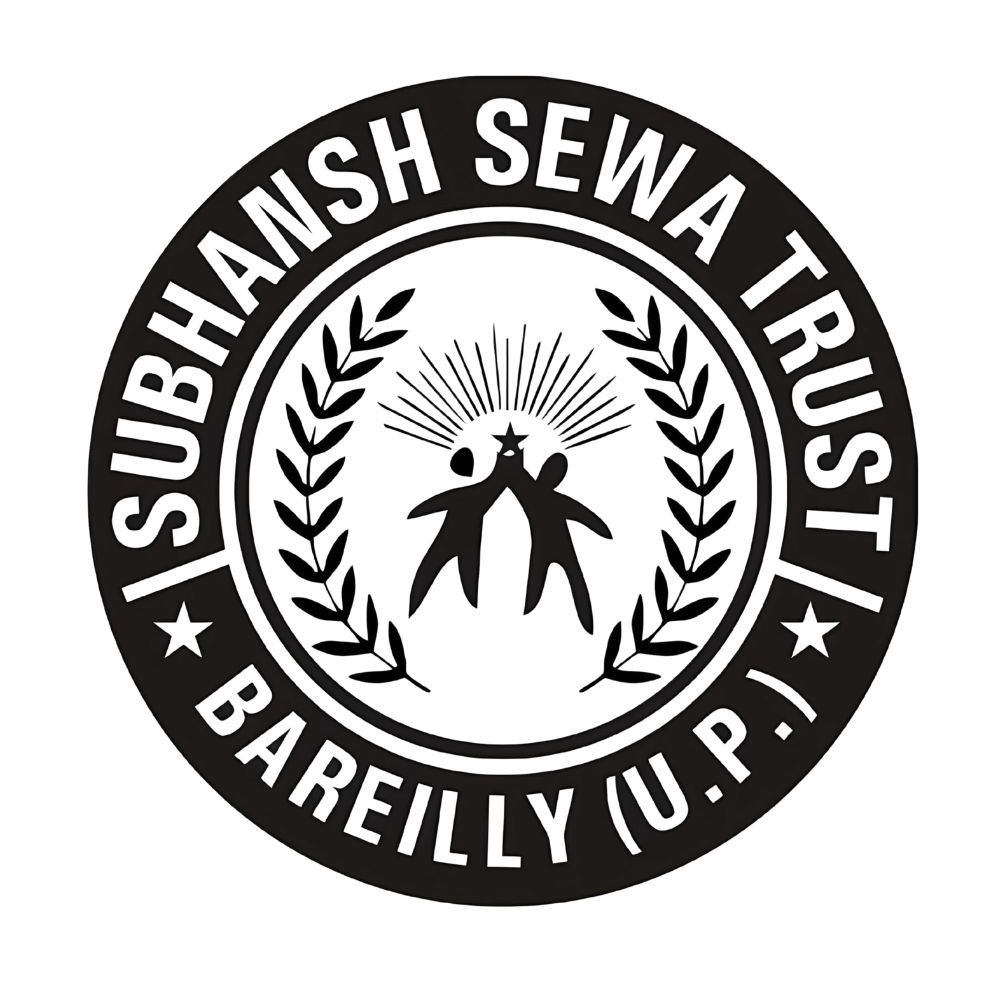
A Mother’s Journey from Hopelessness to Healing
When we first met Amina, she wasn’t looking for help—she had stopped believing it existed. Her daughter, Zoya, age five, hadn’t spoken a word since birth. Every local doctor told her something different. Some said it was a speech delay. Others blamed “bad time of birth.” One even suggested superstition. For three years, Amina moved between relatives and local clinics, collecting debts, but no answers.
When we visited their village during a field outreach, Zoya hid behind her mother’s shawl. She looked lost, disconnected, and exhausted. We brought her to a specialist in Bareilly. The diagnosis: a neurological communication disorder that required therapy, not magic. For the first time, Amina wasn’t told to “accept her fate.” She was told: “We’ll help her speak.”
“I had no answers. They gave me my daughter back.”
The journey wasn’t short. Zoya’s therapy lasted months. But the first time she whispered “Ammi,” we knew this was more than recovery—it was redemption. And Amina? She’s now a voice of encouragement to other mothers who feel the weight of helplessness.
Mothers in rural areas are often blamed, not supported, when a child has a medical issue
Early therapy can reverse or improve many communication disorders
Emotional support is as important as medical aid in the healing process
Search
Categories
Latest Post


The Hospital That Lives in Our Minds, Not Yet in Brick

